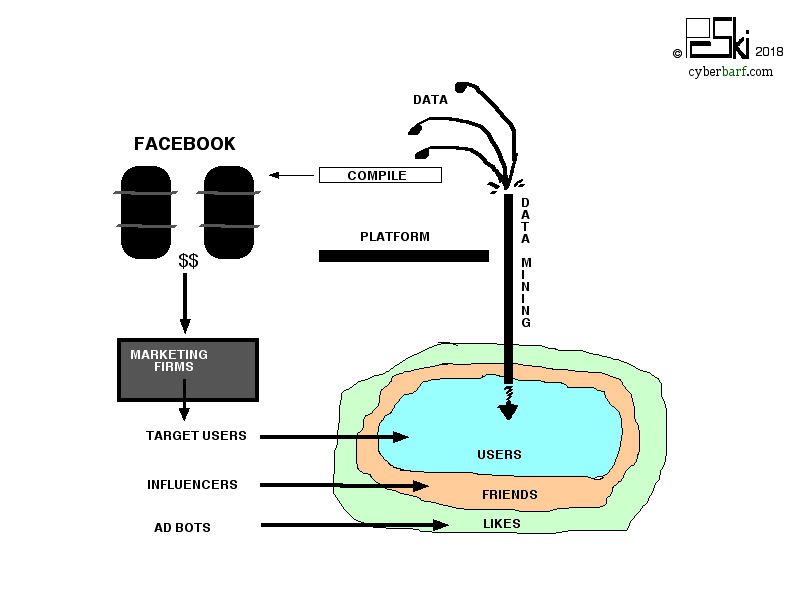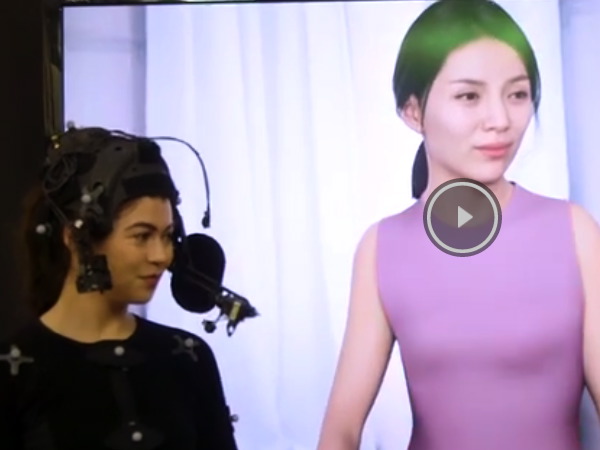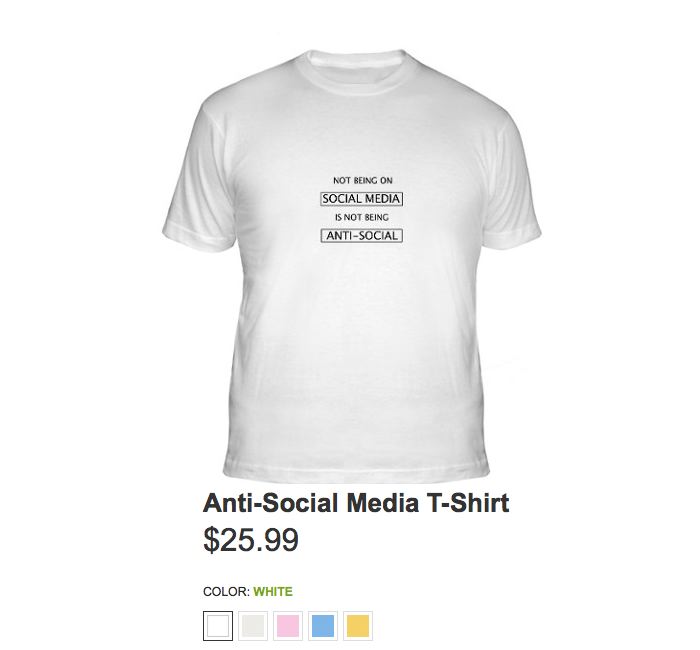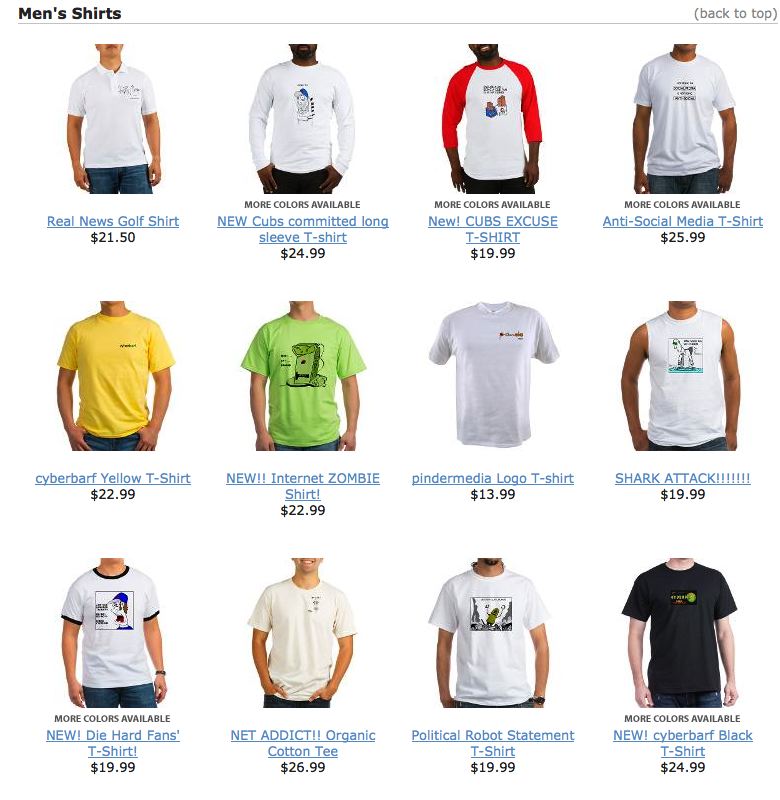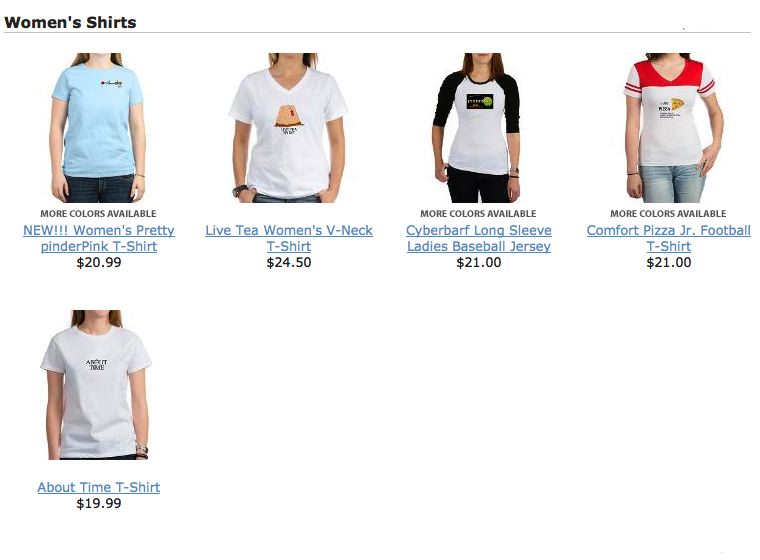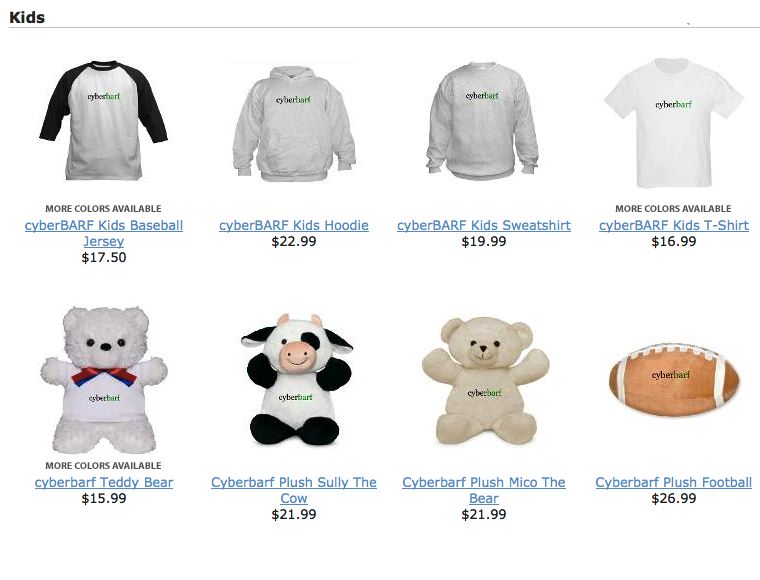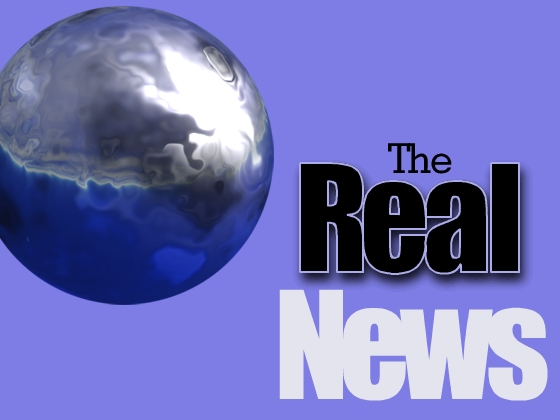|
cyberbarf VOLUME 17 NO. 9 EXAMINE THE NET WAY OF LIFE APRIL, 2018 ©2018 Ski Words, Cartoons & Illustrations All Rights Reserved Worldwide Distributed by pindermedia.com, inc.
NEW EPISODE:
|
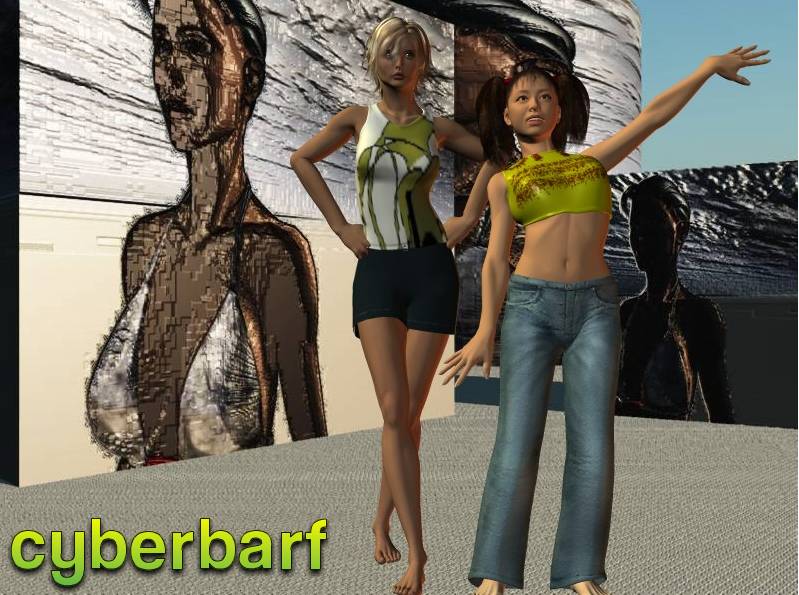 |
|
|
|
cyberbarf SEOUL SURVIVOR TRAVEL 3 Lasting impressions from January's trip to Seoul: Korea has the historical tentacles of being the Hermit Kingdom. Its culture, society and principles are deeply held by its people. But Korea is also a hold over from the Cold War. North Korea is the product of failed post-World War II communism. South Korea is the product of post-war Western ideas founded upon the Technology Revolution. South Korea will welcome foreign visitors and foreign industrial capital, but it is a guarded acceptance since Korea's history of brutal foreign invasions and overlords still runs deep in its collective consciousness. Honor, order and place are always forefront in public display. Korean language has honorifics toward older persons in age or status. Certain seats on buses and subway cars are reserved for the elderly. Respect for parents and family transcends most aspect of individuality; children push themselves through harsh educational studies (as parents sacrifice thousands of dollars on cram schools and tutors) so they can get into a good university (the gateway for a corporate salary job) in order to take care of their parents in their senior years. Koreans are polite but not outreaching toward foreigners. When I arrived at Incheon, I was directed toward the limo bus to Eastern Seoul. It would stop at various hotels in Samseong-dong. At the last stop, I got off the bus and asked the driver directions to my hotel. He did not know English or where the hotel was when I showed him my reservation. A couple on the bus looked at me to intervene in the discussion. She was a native of Seoul and her husband was from the Middle East. He spoke English to me (he also did not recognize the hotel) while she got on her smartphone to get directions. Luckily, it was in the same direction as her apartment. It took a few days to realize that the city is not laid out in an American street grid. The names of the main streets may be clear, but the same name is applied to the side streets then alleyways and drives. My hotel was several tight turns off the main drag with no visible signage. I thanked the couple for their help as they walked down another alley toward their home. All people in Seoul dress well. Appearance is important. Brand name clothes and fashion sense is important even to young workers working long hours or multiple jobs. Korea has been in a long recession. An mandated increase in minimum wage in 2018 caused the youth unemployment rate to rise to 12 percent. But even on tight budgets, people tend to look well - - - especially young female office workers. There was a long line of women waiting on Saturday morning to get into a department store near the Coex Convention Center. The reason was obvious when I went into the store the next day. The first two floors of the department store was filled with brand name cosmetic stations. Women would go into the store to shop for their favorite perfumes and beauty care items. But each station was staffed by a beautician and a stylist. Women would go into the store to get made up by these experts. It is customer service perk in order to sell high end brands. And the department store, which took up a city block, had the first two floors devoted to women's cosmetics. Then the next four floors were devoted exclusively to women's clothing. But unlike American department stores where different brands are marketed together by category, each clothing retailer had its own rented floor space and own sales staff. The brand sale concept carries through even to the airport where stand alone brand name stores for furs, clothing and cosmetics took up all the spaces. There was not a convenience store in the airport terminal, just a few restaurants. I did not realize until later that Incheon is the gateway transfer point for the rest of Southeast Asia. So people from other countries would use the duty free airport shops as a means to upgrade their fashion sense. South Korea is an Asian trend setter in fashion and in culture. K-pop and K-beauty have been exported throughout Asia, including mainland China (which has restricted it as retaliation for South Korea's implementation of a new U.S. missile protection system). Korean dramas have been exported or copied in various countries which has led to many Korean stars and singing idols to become regional superstars. It helps the status of Korea exports and firms. The world knows of Samsung and its electronic and consumer products. Lotte is a leader in retail. Hyundai and Kia are conglomerates in various fields. South Korea has a diversified industrial base of manufacturing, but it is being squeezed by new manufacturing players in emerging countries such as Vietnam. Just as Japan continues to struggle with its economy after Korea and then China took much of its overseas manufacturing power, South Korea is focused on quality of its products as a matter of country pride. In society, it appears that individuals rarely it praised for their accomplishments. In the workplace, you are expected to do your job well. That leads to workers spending long hours at their desks to try to create perfection. Praise and public displays of affection come from the entertainment and sports industries, where fans and officials rejoice in the accomplishments of movie and idol stars or athletes such as the recent gold medal Olympians. Seoul is a very large city. I compare it to six Chicagos in one, but in a more dense configuration. It is city where one can walk for miles into different neighborhoods. The subway system is very efficient. The city is very clean on the major streets since the government took away most garbage cans (because residents would use them for their personal trash instead of paying for their home pick up). When I was there, the air quality was very good. Seoul has a air quality issue with fine dust and smog. The lights of Seoul Tower are used not for art display but to tell citizens the air quality. The farther one explored off the main streets, the buildings got older and seedier. There was less chance of having any English signage or English speaking vendors. In South Korea, English is taught in primary and high schools, but not mandatory in college. So young teen service workers have some basic knowledge of English to fill orders or answer basic questions. But afterward, English skills seem to fade away as teens become young adults. Around the convention and tourist areas, there were English signage and menus. One could communicate with most Korean workers without a great deal of problems. The local McDonald's has computer display ordering kiosks (which at times did not work), but if you went to the cashier, she would take out a picture menu to take your order. Seoul has a population of ten million. It is city that claims it never sleeps, but that is myth. It slows down near midnight in most areas. It is because those who work have long days. The subways are crowded most hours of the day. Commuters are either sleepy in their seats or on their smart phones. A few women are re-applying their make-up. There are no conversations between strangers. In one respect, Seoul is a very couple centric city. A good place to observe the social structure is at the mall. Koreans love their malls. You can see young couples arm in arm window shopping in the malls. But you also see men and women arm in arm walking the mall corridors. It is called skinship; a sign of friendship between close friends. The latter has no romantic tones. Even in a very moral conservative country like South Korea, public displays of affection are limited. An exception is parents doting on their young children. Society still pressures women to get married before age 29 and have a child within a year of marriage. But due to economic pressures and cultural norms that women should give up their careers for their husband and children, more women are postponing relationships and marriage in order to have a successful career. It is that conflict that has caused South Korea's birthrate to plunge to a record low of 1.05.
Couple, an illustration by Ski ©2018 The high place couples have in culture is the fact that there are places where they can publicly proclaim their affection. At the top of Namsam Mountain at Seoul Tower, there are fences filled with thousands locks marked with hearts and names of couples. There are also parks that couples tie on branches their wish notes. The most adamant public conversations and laughter was seen between couples. Koreans have a good sense of humor, but it is reserved for their close friends and family members. In the West, a bar or tavern is a traditional place where travelers would go to meet and converse with the locals. In Seoul, I went one night into a Western bar. It was a small narrow place. There was a young woman sitting behind the cash register looking in a mirror at her teeth (whether it was a chipped tooth or not white enough I could not tell). The bartender came over to me. He did not speak English well. I ordered a drink, but he was confused since they did not carry rum. So I ordered a bottle of beer. He gave it to me with a bottle opener. After that, he left me alone. The cashier went into a back room never to return that evening. I left as a group of four office men came in to take the corner booth. Seoul would be a difficult place for a foreigner to work. I met on the subway a young missionary from Utah. He had just graduated from high school. He was doing his 18 month missionary service in Seoul. He was energetic and eager to converse with an English speaking person. The best thing he liked in the six months he had been in Korea was the food. I had prepared myself for the upgrade in spice and heat of Korean food. But when arrived in Seoul, the taste and spice pallet was not that much different than in the States. The lone exception was the local kimchi - - - it was stronger and pungent than any American version. It is the flaming sulfery side dish that accompanies most meals. In America, we put one or two side dishes on one plate. In Korea, the table is filled with small plates or bowls of various cured, pickled, steamed, fried or raw dishes to accompany the main meals (meat,seafood, soup, etc.) Restaurants did not skimp on the hospitality. There was no better customer service than on my Korean Air (KAL) flights. They were the best travel experiences I have had with any airline. Even though the planes were packed, the crew served us two hot meals and took care of any traveler's needs in an instant. After I returned to the US, I learned that KAL had its first profitable year in 2017 after a long drought. The hard work of the employees does help the bottom line. The bottom line for many Koreans in Seoul is success. Construction workers were on the job from dawn through dusk. Workers rushing to and from their offices. Every food store had a crew of delivery drivers on motorcycles or scooters who darted in and out of traffic at all hours of the day. Every store had valet parking since there are very few parking lots in the city. The delivery men, the valets to the airport bus hawkers looking to get a dollar from every curb ticket sale are hustling several part time jobs to get their own savings nest. Real estate is very expensive for locals. There is one 24/7 television network devoted just to local real estate (new developments, rental rates, hot markets, resales, etc.) A middle class salaryman may be making $2500 per month. A studio apartment could cost $900 month in one of the high rise forest of concrete residential towers that fill the city skyline. There is also an alternative system of rentals where the tenant deposits 75 to 80 percent of the value of the house to landlord for a rental term. From that, the landlord invests that money and keeps the income as the rent. At the end of the term, the key deposit is returned to the tenant. It is an old and unique method of personal lending and affordable housing. The lifeblood of every neighborhood is the convenience store. In K-dramas, the convenience store is a meeting place, a cheap eats-on-run and general store. There was one near my hotel. I found myself walking into it every couple of days to buy snacks, a beer or bottle of the local firewater, soju. You can buy the basics of daily life at these stores: food, medicine, subway cards, snacks, alcohol, cigarettes, and lottery tickets. You can see office workers stopping in on their way to work in the early morning. You can also see the same office workers stopping in on their way home late in the night. In the daily grind of a single person, the convenience store is trusted friend. As for flying solo to a foreign country, Korea was not a bad choice. I would go back but I would like to learn the local language so I could have basic fluency to converse to learn more about their country. What we learn of South Korea in our media is really different than what is actually going on. Before I left, American news reports had the Koreans on the verge of armed conflict with North Korea's missile tests. But when I arrived in Seoul, the locals were not that interested in North Korean nuclear threat. The locals were more concerned about their economy and their job prospects. The people had marched and protested the corruption of their past president, driving her from office. The people are also upset about the favoritism of the class system where the rich get favorable treatment over the poor. Regular people want to have the same opportunity of having a good life as the wealthy ruling class. Idols who get favorable treatment in college placement or military deferments are large press scandals. Honor and reputation are two powerful concepts that the average person still values. And since South Korea has the best internet system in the world, netizens are quick and brutal in their criticism of public dishonor stories. That is why you see powerful businessmen bow and apologize for any corporate misstep. As my trip had a focus on visiting and learning about the history of Korea, a second trip would probably focus on learning about the daily lives of its citizens. What their opinions are on their daily lives. What do they really like to do as compared to the perceptions that their own media portrays to the outside world. Are Koreans really introverts on the world stage? Or do they see themselves in a broader context? Visiting a foreign country for the first time will always lead a traveler to ask more questions. That is one of the joys of travel.
iToons
cyberbarf FOUND BUT NOT LOST ON THE INTERNET
Combining VR technology that realizes stereoscopic image of 360 degrees viewing angle, and 4DX system which can experience five senses the South Korean move, Meet the Memories, promises the viewers literally feel the movement of the fictional story. In the movie, Kim Jung Hyun will play the role of an aspiring musician with stage fright. He is set to romance the optimistic character of Seo Ye Ji.. “I often went to VR Cafe to play VR games. So I am interested and curious about the movie. It is the first in the world. I thought it is a good opportunity to contribute to new markets,”, Kim said. Director Kwak Kyung Taek expressed satisfaction in the ambitious movie project. He explained how film-making has always evolved. He adds how traditional cinematic landscape make use of connecting frames to picture the story. VR film links the imaginary realm and the state of mind of the viewer. Source: Hellokpop
With Siren, the game development Unreal Engine is used to blur the line between CGI and reality to create a real time digital avatar. She is a digital personality created using a new real-time motion-capture technology. In a demonstration at a recent technology conference, an actress is harnessed with motion sensors that are fed into a computer program to create a virtual mirror image character. Source: Engadget cyberbarf FACE PLANT! ARTICLE Facebook is in a public relations firestorm over its alleged data breach and manipulation of user data. The real outrage is why it took so long for the public to realize Facebook's business model. As Reason Magazine put it bluntly: What the Facebook-Cambridge Analytica scandal lacks in relevance it sure makes up for in melodramatic rhetoric. The media and political pundits have been for weeks screaming that Facebook's user data was used to conspire to manipulate the last US presidential election to give Trump a wrongful victory. Cambridge Analytica used user data to target pro-Trump messages on Facebook feeds in order to influence voters. Reason calls this kettle black. The principle of putting words, images, messages or sponsored content in front of a targeted audience is called ADVERTISING. We are bombarded by advertising every single day. It may be direct ads, promotional copy, coupons, subliminal images, billboards or fantasy stories with product placements. It is ironic that media outlets are screaming foul when they themselves rely on any advertising model. Facebook's business model was no secret. It is not just a social media platform. It was a heavy duty data miner. It had the means and terms of service contract which allows it to gather users' personal data for packaging/sale to third parties. This is not proprietary to Facebook. Google is not just a search engine. It is an advertising and marketing distribution network. When you search for shoes, the first page on the results screen are paid product placements. Your search requests are turned into personal preference data files. Your daily Internet surfing is filled with targeted ads popping up on your screen through Google Ads. Reason reasoned that people are still trying to figure out why a loon like Trump was elected president. There has to be a sinister, evil reason for that mistake in history. There had to be foreign collusion (which led to the appointment of a special counsel) or illicit psychological warfare to brain wash the electorate to vote Trump when common sense said Hillary Clinton was the only proper candidate. But the truth is that targeted ads and news feeds did not change people's minds to vote for Trump. Hillary was a horrible candidate. She had no message except that she was part of the political elite who were out of touch with middle America. Trump caught the wave of anti-Washington populist sentiment. The other part of the Facebook-Cambridge story is that Cambridge used a data breach to formulate a campaign strategy against America. But the Facebook user data was not breached, it was sold to Cambridge, a marketing company, to be used to create its own marketing materials for clients. That is how Facebook makes money. That is how Cambridge services its clients by collecting data, patterns and personal profile trends in order to create advertising themes and targeted spots. Facebook claims that Cambridge kept data from users that it should not have kept. Reason stated Cambridge Analytica was allowed to pull that profile data. Facebook only changed its policy in early 2015. But before the general election, the Trump campaign dropped Cambridge Analytica for the Republican National Committee data, reportedly never using the any of the psychographic information that Facebook complied from user surveys or quizzes. According to CBS News, in September 2016, it had tested the RNC data, and it proved to be vastly more accurate. Even if the Trump campaign had not its efforts would have been akin to those being heralded as revolutionary when serving the interests of Democrats. In fact, Facebook allowed the Obama campaign to harvest data in the same way that is now generating headlines and handwringing. As Reason concludes in its Libertarian view, part of living in a free society means being bombarded by messages we do not like. The entire Facebook-Russiabots scare is predicated on the notion that people do not have free will. It is only once we (in the guise of companies or government agencies) start micromanaging the information Americans consume that we begin undermining choices. Of course, people should not get their news from Facebook, the haven for fake news or hoax stories. And a reliable Fourth Estate that reports without bias to help Americans navigate through this messy contemporary digital life would be more helpful. But the Cambridge Analytica story is just another example of how journalism fails to put the outcry into real context. It is not to say that there are not evil actors preying on the naive public. The Guardian UK writer Poppy Noor wrote in a world where companies have a monopoly over our eyeballs, the Facebook scandal is the tip of the iceberg In 2007, a Facebook application popped up that allowed users to take a quiz that would tell them exactly what kind of person they were: how emotionally stable they were compared with their friends, or how friendly they were. They were invited to tick a little box to share their information - - - including photographs, likes and political interests from their Facebook pages. The information would go to researchers David Stillwell and Michal Kosinski at the University of Cambridge to help with their research. Users were told this when they agreed to using it. No big deal until Aleksandr Kogan of Cambridge Analytica, came along. Kogan built a similar personality quiz giving access to 50 million Facebook profiles to the company now accused of using big data to influence elections. He says he had approached Stillwell and Kosinski back in 2014, wanting to collaborate. It did not happen. What was so special about this type of data? As a student in the psychology department at the University of Cambridge in 2011, Noor was one of the people using it for academic research. She used it to do things such as looking at the correlation between users' personalities and their political leanings. She went through the data using statistical modeling tools that told her what were the personality traits of the average liberal or conservative. She found new facts like the fact that younger people on Facebook were more conservative than older people. There was nothing new in using data in this way; people have researched how personality and politics are related for centuries. What was new, however, was the sheer volume of data researchers had access to through companies like Facebook. This not only meant that their research could be even more accurate (what psychological study have you looked at that surveyed 4.5 million people?), it also gave them unprecedented access to information on which to base new studies. No need to seek permission to use the data in a different way - - - people had already agreed to that since it was intended to be an open data source, shared among many academics. What could possibly go wrong? The research did allowed researchers to predict someone's personality based on what they liked on Facebook and to predict people's personalities better than their own friends could. Researchers knew the personality profile of people who tended to like a certain brand product.. It logically followed that with this data, a political consultant might also be able to accurately predict what political messaging to send out to different people; what ads or memes to circulate on their Facebook page during an election in order to secure a win for your candidate. . Kosinski said that such research provides the opportunity to speak to people more effectively, based on their own beliefs and dispositions. But that is not manipulation, but more reinforcement of a person's current beliefs or views. The Internet is filled with unfiltered content (using no true or false standard) that specifically forms the basis of people's personal opinions. From extreme leftist environmentalists to extreme right anti-government secessionists, a respectful debate of facts, ideas and opinions has been lost in the myopic view that the Internet provides its users. Cambridge Analytica began touting itself as the reason for Trump's upset victory. CA started selling itself as a political magician who could seed pixie dust on social media to create new client supporters. CA pushed various targeted advertising towards viewers whose profiles matched a potential Trump voter. Politico said similar ads were purchased by the Bernie Sanders and Clinton campaigns. Advertisements on Facebook, Twitter, Google and the music sharing app Pandora were used to help convince 35,000 supporters to install an app used by the most active supporters. According the Guardian UK, in its presentation, Cambridge Analytica and the Trump campaign also used a new advertising technique operated by Twitter which enabled clients to kickstart viral tweets. The conversational ads feature was used to encourage Trump's followers to tweet using a set of pre-determined hashtags. The campaign also took advantage of an ad opportunity provided by Snapchat, enabling users to swipe up and immediately see a preloaded web page. While not useful for securing donors, Cambridge Analytica deemed the tool useful for engaging potential voter contacts, according to the presentation. One of the CA slides explains how the company used paid-for Google ads to implement persuasion search advertising to push pro-Trump and anti-Clinton search results through the company’s main search facility. But these programs are not new black magic but available tools any candidate, company or individual could use to send messages to targeted viewers. The fallout of the data mining and targeting ads has been snow balling. Facebook's leader Mark Zuckerberg admits Facebook has a responsibility to protect its users' data. “If we can't then we don't deserve to serve you,” he wrote. Zuckerberg stated that Cambridge Analytica may have used data improperly obtained from roughly 50 million Facebook users to try to sway elections. The Daily Mail UK) reports that Facebook itself is drawing criticism from politicians on both sides of the Atlantic for its alleged failure to protect users' privacy. Sandy Parakilas, who worked in data protection for Facebook in 2011 and 2012, told a U.K. parliamentary committee that the company was vigilant about its network security but lax when it came to protecting users' data. He said personal data including email addresses and in some cases private messages was allowed to leave Facebook servers with no real controls on how the data was used after that. Facebook allows you to connect plugin apps specially designed to work with the social network, ranging from games and entertainment to fast-food delivery. These apps are stealth data collection tools. Users are sharing their shock on Twitter at discovering that thousands of software plugins are spyware for Facebook have been gathering their data. Some of the better known apps that may be connected to your profile include those of popular sites like Amazon, Buzzfeed, Expedia, Etsy, Instagram, Spotify and Tinder. While the user data story has taken the headlines, Facebook is under fire for other business practices. CNBC reported that Facebook is under fire from advertisers for false advertising metrics (the basis for ad rates). A new report by advertising group Video Advertising Bureau found major discrepancies in Facebook's metrics compared to census data and even its own reported information. Companies tell CNBC that the issue is widespread across the industry, and there needs to be universal digital ad measurements. Facebook and Google have been reluctant to share data or methodology, but as they become bigger advertisers, they're finding they have to be more open so views, clicks and screen numbers can be verified in an objective manner. The South Korean news agency, Yonhap, reported South Korea's communications watchdog slapped a fine of 396 million won (US$370,000) on Facebook Inc. for unfair business practices. The Korea Communications Commission (KCC) also advised that Facebook should share the cost of maintaining the speed of its data traffic services with South Korea's telecommunications providers. The dispute first began when subscribers of local telecommunication providers SK Broadband and LG Uplus began experiencing a slowdown in their Facebook connections. The telecommunications providers argued that Facebook should share the cost of maintaining the heavy data traffic generated by its social networking operations. Facebook, however, refused to pay for the traffic it generated, opting only to pay KT Corp. for the use of its cache server. An investigation by the KCC showed that Facebook unilaterally changed connection routes of SK Telecom, SK Broadband, and LG Uplus to slow the connections of users accessing Facebook on SK Broadband and LG Uplus networks. The KCC found this incident is a case in which the global company infringed upon the benefits of local users by unilaterally changing connection routes without discussing with local telecommunications providers. The decision comes 10 months after the KCC looked into the matter. Facebook was obliged to make public that it has been ordered to make changes, and even to alter its terms of service with users. The company must take concrete steps to ensure that such violations do not occur again. On the fines levied and orders issued by the state regulator, Facebook expressed its regrets and added that it will continue to provide the best service for users and work with the local telecom companies. Facebook is a global information platform which is in the business of collecting and distributing data for profit. But its business ethics has been called into question by various parties. Whether Facebook and its peers who are becoming more powerful in our information age will “do the right thing” for the public good (as opposed to personal gain) will be debated longer than Cambridge scandal.
|
 |
FREELANCE CARTOONS, ILLUSTRATIONS FOR NEWSPAPERS, MAGAZINE, ON-LINE DO YOU CONTENT? CHECK OUT
|
|
cyberbarf THE WHETHER REPORT |
cyberbarf STATUS |
| Question: Whether President Trump's sudden tariffs will backfire in an international trade war? |
* Educated Guess * Possible * Probable * Beyond a Reasonable Doubt * Doubtful * Vapor Dream |
| Question: Whether South Korea's birth rate falling to 1.05 will cause long term political, cultural and security issues? |
* Educated Guess * Possible * Probable * Beyond a Reasonable Doubt * Doubtful * Vapor Dream |
| Question: Whether smart phone technology has hit a plateau in innovation? |
* Educated Guess * Possible * Probable * Beyond a Reasonable Doubt * Doubtful * Vapor Dream |
|
LADIES' JAMS MULTIPLE STYLES-COLORS $31.99 PRICES TO SUBJECT TO CHANGE PLEASE REVIEW E-STORE SITE FOR CURRENT SALES
|
PRICES SUBJECT TO CHANGE; PLEASE CHECK STORE THANK YOU FOR YOUR SUPPORT!
NEW REAL NEWS KOMIX! SHOW HACK! |
|
PRICES TO SUBJECT TO CHANGE PLEASE REVIEW E-STORE SITE FOR CURRENT SALES & CURRENT STYLES
|
|
THE PINDERMEDIA STORE IS FULL OF FUN T-SHIRTS CLOTHES, HATS AND OTHER ITEMS. CHECK OUT THE STORE FOR ITEMS
SUPPORT cyberbarf VISIT THE CYBERBARF STORE! Prices and styles may vary depending on sales, allotments, inventory. |
|
BACK IN BLACK WITH THIS CLASSIC CYBERBARF T-SHIRT!
FEATURING: THE REAL NEWS IMPACT EDITORIAL CARTOONS WRIGLEYVILLE WAR POLITICS ENDORPHIN RUSH THE DARK ABYSS RANDOM ELECTRONS SPECIALS
PORTFOLIOS OF SKI EDITORIAL CARTOONS ILLUSTRATIONS PHOTOGRAPHY |
NEW THEORIES AND CHARACTER ESSAYS INCLUDING 10 YEAR ANNIVERSARY ARTICLES
cyberbarf
THE STEAM PUNK SPECIAL EDITION featured new Music from Chicago Ski & the (audio) Real News: (mp3/4:14 length)
EXAMINING THE NET WAY OF LIFE cyberbarf™ distributed by pindermedia.com, inc.
|
cyberbarf
Distribution ©2001-2018 pindermedia.com, inc.
All Ski graphics, designs, cartoons and images copyrighted.
All Rights Reserved Worldwide.

